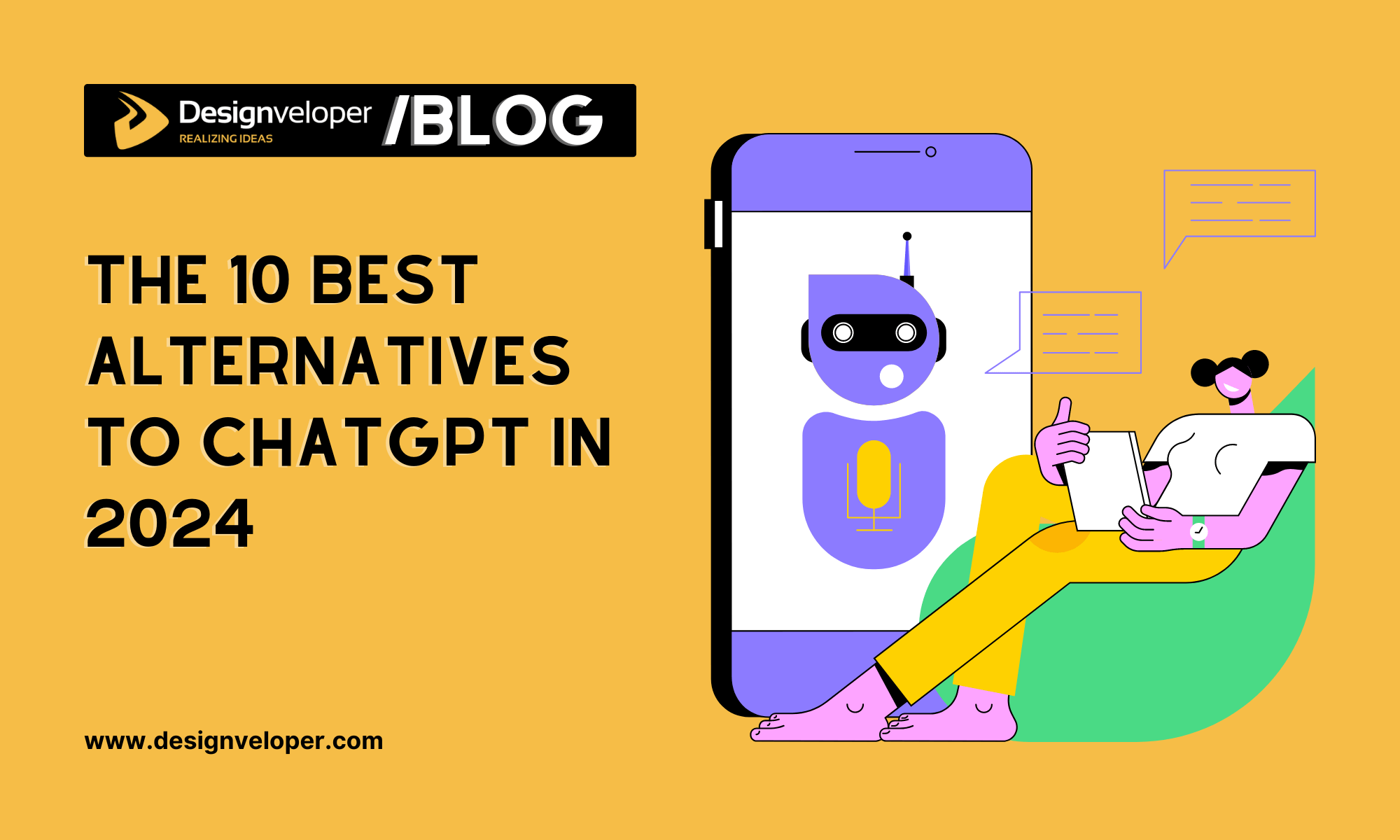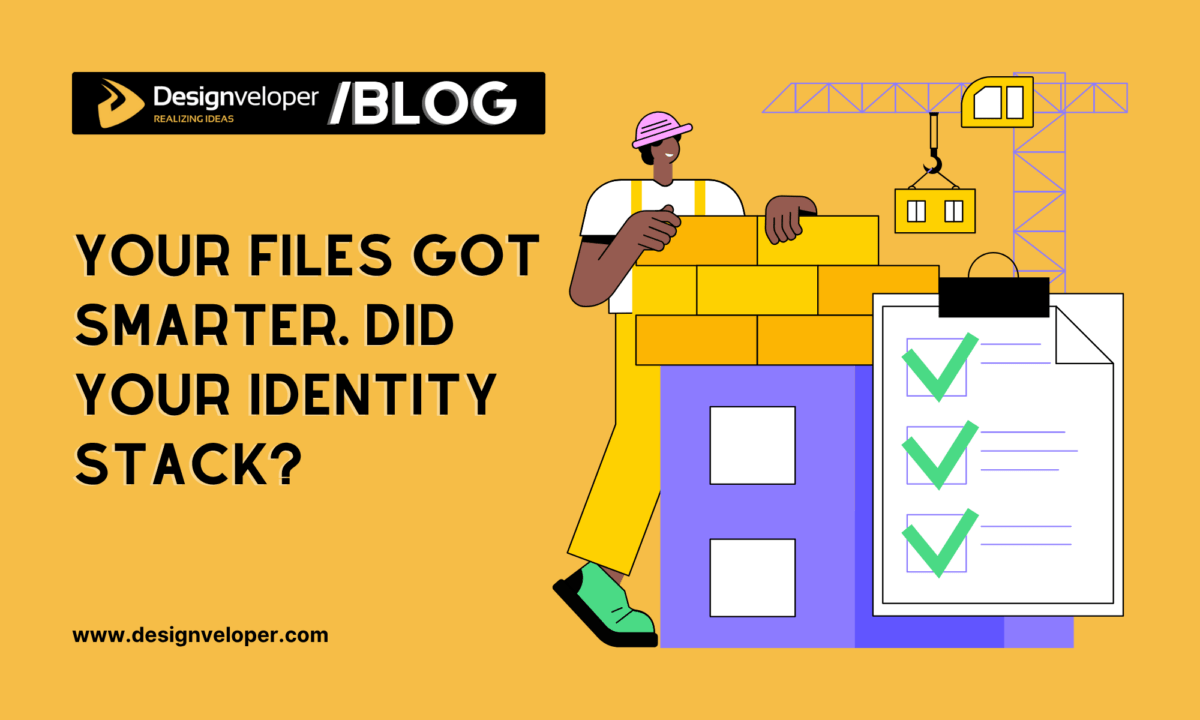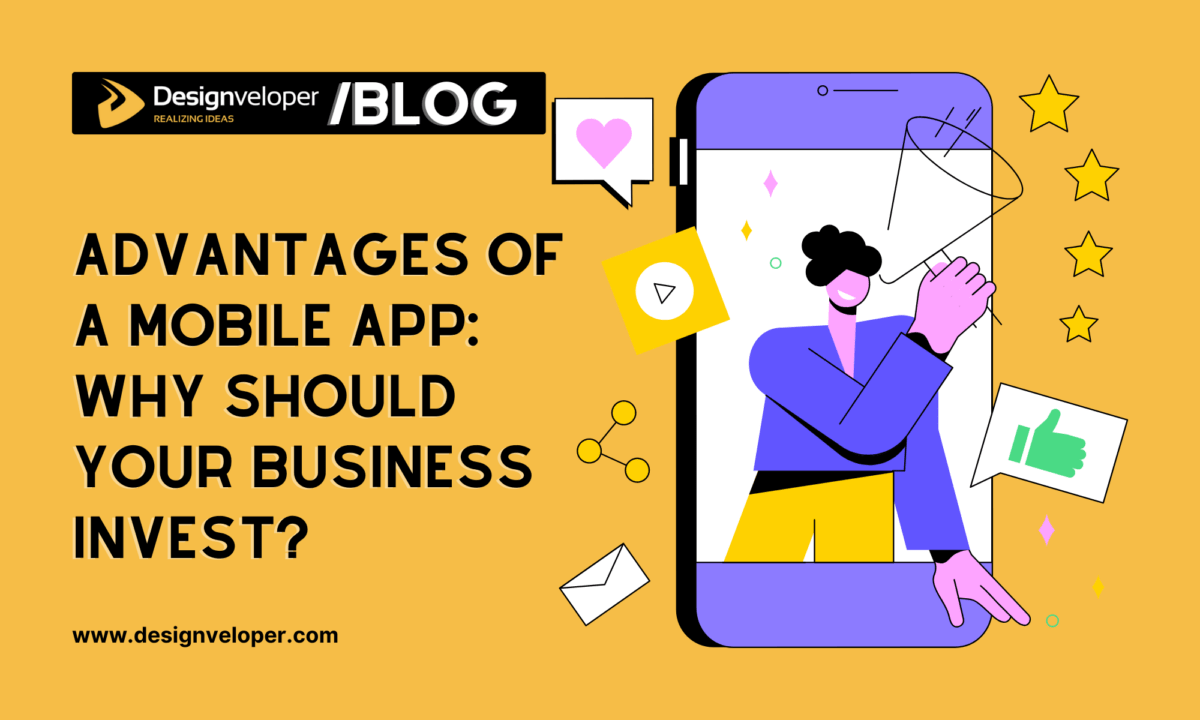
Have you ever thought of using alternatives to ChatGPT? ChatGPT is a large language model created by OpenAI. It has a wide range of potential applications. Chat GPT can generate code, help you analyze data, plan marketing strategies and campaigns, and more.
According to the latest data at Nampepper, ChatGPT has over 180.5 million monthly users, 100 million weekly active users. It is anticipated that this figure will continue to climb. A 2024 study revealed that ChatGPT is undergoing continuous improvements in terms of its system, memory, and knowledge base. Moreover, system updates also seem to have a positive effect on knowledge application. As the system evolves, it may bring new features or better methods to interact with the data. As ChatGPT evolves, users’ interactions with it are expected to become more valuable.
Given these factors, the popularity and trust in ChatGPT have been steadily increasing. Nevertheless, ChatGPT still has its shortcomings. To access the most recent updates, users are required to pay a subscription fee. It also possesses many limitations as inherent biases in training data, incomplete or outdated knowledge, inability to discern factual accuracy, lack of contextual awareness, ethical and moral reasoning limitations and limited creativity.
Should you encounter any unsatisfactory experiences with ChatGPT, there is a plethora of intelligent AI chatbots available as viable alternatives. Designveloper proudly presents the top 10 best alternatives to ChatGPT. Among these, you’ll find free chatbots that deliver accurate responses and can handle a wide range of tasks, rivaling ChatGPT’s capabilities.
Why Should You Use A ChatGPT Alternative?
ChatGPT may dominate the AI text generation scene with its massive user base, but there are other contenders. A diverse range of alternatives offers unique capabilities and user experiences that cater to specific needs.
These tools leverage different underlying technologies, providing features like video translation, advanced prompt assistance, and superior document management. Additionally, some even excel in user-friendliness, requiring minimal technical expertise to get started.
Ultimately, the best choice depends on the specific task at hand. By exploring these alternatives, businesses can discover tools that align perfectly with their goals and boost productivity.
The 10 Best Alternatives to ChatGPT
1. Gemini
Google’s Gemini is an AI chatbot designed to spark creativity, enhance productivity, and bring ideas to life. It’s a user-friendly tool that’s as fun as it is powerful. Like ChatGPT, Gemini can process text-based requests to assist with coding, storytelling, research, and more. But Gemini goes a step further by allowing you to interact with images, opening up new possibilities for creative and informative interactions.
Gemini seamlessly integrates with Google’s ecosystem. With one-click access from Google Docs and Gmail, plus the ability to tap into information across Google Drive, Hotels, Flights, Maps, and YouTube, it’s a productivity powerhouse. While ChatGPT offers workarounds, Gemini’s integration is far more streamlined.
If you’re deeply invested in Google’s suite of apps, Gemini is a natural extension. And with its upcoming integration into Chrome and Android, it’s poised to become an even more indispensable tool.
Key features:
- Natural Language Understanding: Advanced NLP skills.
- Multi-modal Input: Accepts text, voice, and picture inputs.
- Contextual awareness: Maintains context during interactions.
- Connection with Google Services: Easy connection with Google products.
- Regular updates: We are always improving and updating.
2. Microsoft Copilot
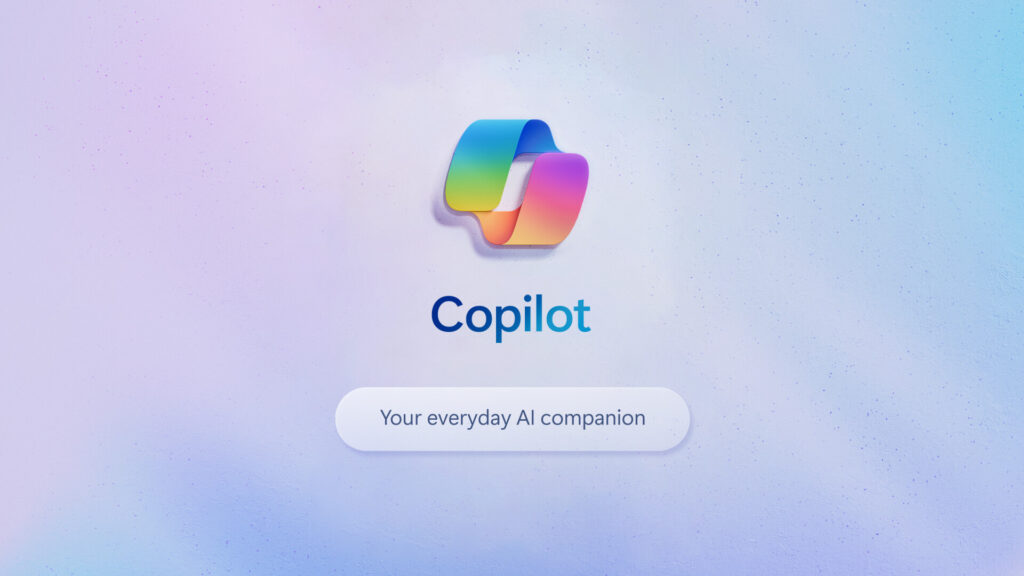
One of the best alternatives to ChatGPT is named Microsoft Copilot. Microsoft Copilot, formerly known as Bing, is now an AI companion driven by GPT-4, a next-generation LLM that is regarded as more sophisticated than its predecessor, GPT-3.5, which powered ChatGPT. It also features a text-to-image LLM. This enables Copilot to embrace multimodality, which means it can answer users’ inquiries using both text and visuals.
Microsoft Copilot works fluently with Microsoft products, particularly Edge, and is available immediately from the app menu. It promotes mobile interactions by allowing users to ask inquiries about online content. It also boasts document summarizing capabilities, such as PDFs and websites. While ChatGPT only allows Plus users to generate images, Copilot allows all users to do so.
Key features:
- Code Suggestions: Provides real-time code suggestions.
- Supports Multiple Languages: Supports a variety of programming languages.
- Contextual Autocompletion: Offers context-aware code completions.
- Error Detection: Identifies potential errors in code.
- Seamless integration: Compatible with most coding editors.
3. Claude
Claude is a sophisticated language model created by Anthropic, trained on vast amounts of text and code data. Like other advanced language models, Claude can generate text, translate languages, produce various creative content, and provide informative answers. However, specific details about Claude’s full capabilities are limited due to its ongoing development.
Claude may assist with a variety of use cases, including summarization, search, creative and collaborative writing, Q&A, and coding. Early clients remark that Claude is considerably less likely to make detrimental outputs, simpler to communicate with, and more steerable, allowing you to get your desired result with less effort. Claude can also be instructed on personality, tone, and demeanor.
Key features:
- Natural Interactions: Engages in fluid and meaningful conversations.
- Safety-Focused: Prioritizes ethical and responsible AI.
- Continuous Learning: Regularly updated to enhance performance.
- Contextual Understanding: Retains conversation context for improved responses.
- Versatile Applications: Adaptable to a wide range of conversational needs.
FURTHER READING: |
1. Gemini vs ChatGPT: The Key Differences |
2. Chatbot Integration With ChatGPT: A 5-Step Guide |
3. How to Use ChatGPT to Write an Essay: A Complete Guide for Students |
4. Character.ai
One of the greatest alternatives to ChatGPT is named Character.ai. Character AI is the construction of intelligent virtual characters that can emulate human behavior and interactions. Moreover, advanced algorithms and natural language processing (NLP) approaches enable these virtual characters to grasp human inputs, evaluate context, and provide suitable answers.
Character.ai is ideal for entertainment purposes, creative writing inspiration, and even experimenting with new communication methods. It’s a social networking platform where users may connect with AI characters and explore a universe of possibilities. However, Character.ai may not be the greatest option for activities that need factual accuracy or precise behaviors.
Key features:
- Customizable Personality attributes: You may define certain behaviors and attributes for your chatbot.
- Memory and Context Retention: Maintains context over lengthy chats.
- Pre-built Templates: Provides a variety of templates for easy setup.
- Multilingual Support: Communicates in several languages.
- API Integration: Integrates seamlessly with other apps and services.
5. Amazon CodeWhisperer
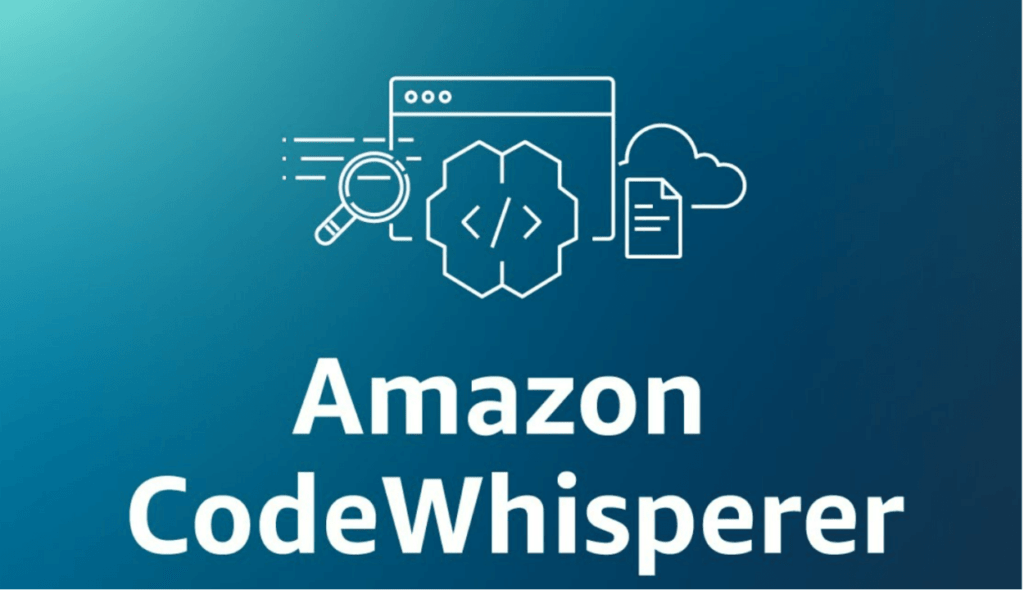
Amazon CodeWhisperer is an AI-powered coding assistant that significantly boosts developer efficiency by suggesting code snippets based on comments and existing code. Moreover, by simply describing a coding task in plain language, such as “upload a file to S3,” developers can effectively leverage CodeWhisperer to automatically identify appropriate AWS services and public libraries. The tool then rapidly generates the necessary code, thereby streamlining the development process.
CodeWhisperer further enhances developer productivity by providing real-time, personalized, and ready-to-use contextual recommendations. This enables developers to maintain focused attention within the IDE. Consequently, fewer distractions and the availability of real-time advice contribute to faster completion of coding tasks.
Key features:
- Real-Time Code Suggestions: Gets code recommendations as you type.
- AWS Integration: Integrates efficiently with AWS tools and services.
- Multi-Language Support: Supports a variety of programming languages.
- Security checks: Examines code for potential security flaws.
- Code Completion: Auto-completes code snippets to accelerate development.
6. Poe
One of the famous alternatives to ChatGPT is Poe. Poe is a unique platform created by Quora that brings together multiple AI chatbots in one place. It allows users to interact with different large language models like GPT-3 and Gemini, each offering distinct capabilities. This means you can choose the best AI for the job, whether you need creative writing inspiration or in-depth research.
Poe’s user-friendly interface makes it easy to switch between these AI personalities, similar to texting friends. While there’s a free version, unlocking the full potential of all AI models requires a premium subscription.
Key features:
- Core Function: Provides precise and informative answers to user questions.
- Knowledge Source: Leverages Quora’s extensive database of information.
- Subject Matter Expertise: Covers a broad range of topics and subjects.
- User Engagement: Promotes interactive dialogue through follow-up questions.
- Continuous Improvement: Learns and enhances responses based on user interactions.
7. Replika
Replika is an AI companion designed to engage in natural conversations. Using machine learning, it simulates human-like interactions, focusing on building relationships rather than completing tasks. Users can share thoughts and feelings, or explore different scenarios through open-ended dialogue. Replika continuously learns from interactions, adapting to individual preferences to become a more personalized and supportive companion.
Key features:
- Tailors conversations based on user preferences and emotional state.
- Monitors and records user mood over time.
- Customizes appearance for a personalized experience.
- Provides a secure environment for sharing personal thoughts and feelings.
- Offers immersive experiences through augmented reality integration.
8. Meta AI
Meta AI is a research division of Meta Platforms dedicated to advancing artificial intelligence. Formerly known as Facebook AI Research (FAIR), it focuses on developing groundbreaking AI technologies to enhance Meta’s platforms. With expertise in computer vision, natural language processing, machine learning, and robotics, Meta AI drives innovations like facial recognition, language translation, and personalized content recommendations.
Key features:
- Leverages advanced NLP capabilities for improved understanding and generation of text.
- Employs robust computer vision for image and video analysis.
- Develops AI models for social media and virtual reality.
- Conducts continuous research and development in AI ethics and safety.
- Fosters collaborative projects with academic and research institutions.
9. Tabnine
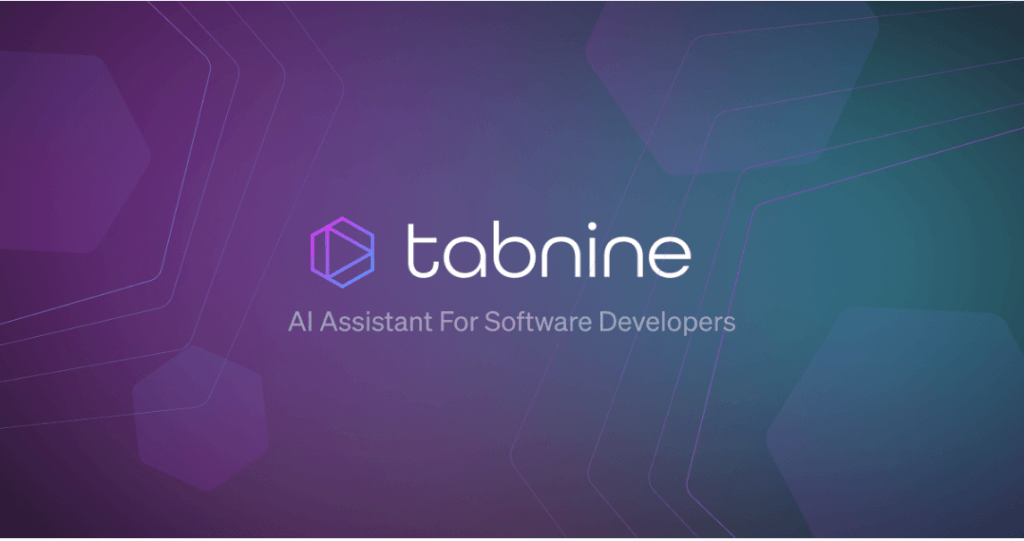
Tabnine is a powerful AI-driven tool that offers a compelling alternative to ChatGPT for developers. This AI Chatbot is an AI-powered coding assistant designed to accelerate development while maintaining code quality and security. Tabnine offers intelligent code suggestions and completions directly within your preferred IDE by analyzing your codebase and leveraging open-source data.
This tool boosts developer productivity by automating routine coding tasks. Tabnine adapts to your unique coding style and project specifics, providing highly relevant recommendations. Its machine learning models, trained on a vast corpus of open-source code, ensure that suggestions align with best practices and industry standards.
Unlike other alternatives to ChatGPT, Tabnine prioritizes code security by running its models locally on your machine, safeguarding your sensitive code from external access. Seamlessly integrating with popular IDEs, Tabnine offers real-time suggestions as you type. By accepting or rejecting these suggestions, you provide valuable feedback that helps Tabnine refine its recommendations for future use.
Key features:
- Delivers AI-driven code completion for multiple programming languages.
- Integrates seamlessly with popular IDEs and code editors.
- Offers context-aware suggestions based on coding patterns.
- Customizes models to fit specific coding needs.
- Enables offline mode for enhanced privacy and security.
10. DataLab
Last but not least, let’s talk about on of the best alternatives to ChatGPT – the DataLab AI assistant. DataCamp is announcing DataLab, an AI-enabled data notebook that will make businesses simpler and faster than ever to transition from data to insight.
DataLab, which was created with data democratization in mind, quickly acquired popularity among students creating portfolios for their data science jobs. It turned into a powerful tool for team collaboration and corporate learning across a variety of sectors.
Key features:
- Provides AI-generated code for data analysis, allowing users to review, modify, and trust the results.
- Seamlessly connects to various data sources, offering pre-packed sample data for experimentation.
- Generates live-updating reports directly within the platform, enabling easy customization and sharing.
Which platform does Designveloper use to build AI ChatBot?
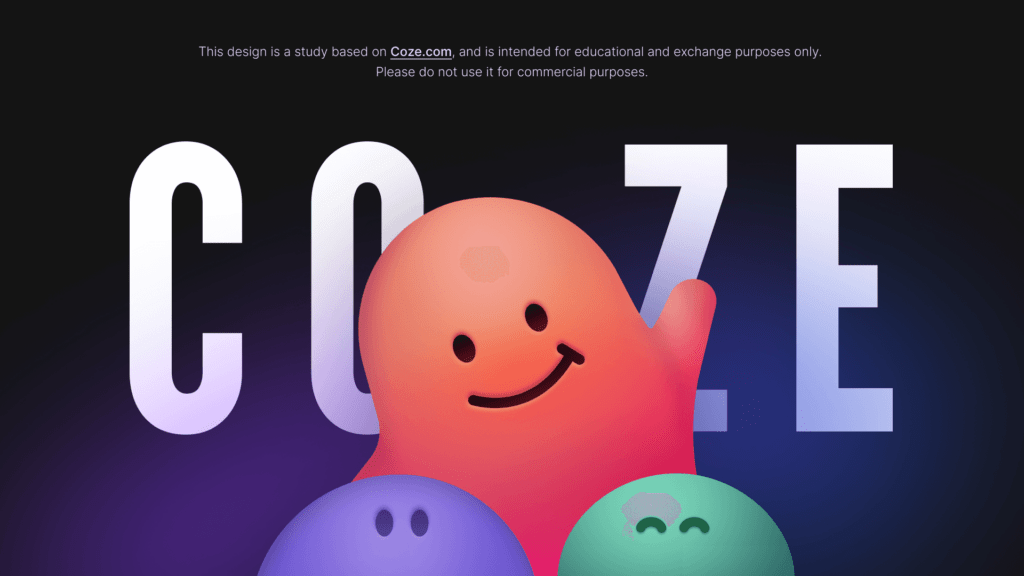
Developers at Designveloper have utilized Coze to construct AI chatbots. Coze is a comprehensive AI chatbot-building platform. Regardless of your programming expertise, Coze allows us to quickly construct a wide selection of AI-powered chatbots that can handle everything from simple queries to sophisticated conversations. Furthermore, we may publish our bots to a variety of apps, allowing for dynamic engagement with users.
Key features:
- Expands bot’s capabilities with plugins.
- Adds our data to the bot through knowledge.
- Utilizes database and variables for long-term memory.
- Automatically executes tasks with scheduled tasks.
- Creates flexible task flow with workflow.
- Runs multiple tasks in one bot with multi-agents.
Beyond its chatbot creation capabilities and marketplace, Designveloper also uses Coze to empower users to design workflows, enabling the development of chatbots capable of handling diverse specialized tasks. For instance, it allows for the integration of plugins, tools, and APIs to process emails, conduct internet searches, and web crawl. Furthermore, Coze not only facilitates the integration of chatbots into websites but also enables their deployment on social platforms such as Messenger and Zalo OA.
In the list of the best 10 alternatives to ChatGPT above, we hope that you can find some satisfactory ones to integrate into your jobs. Trying them and reading user evaluations is the best approach to determine what is best for your needs and budget.






Read more topics




























